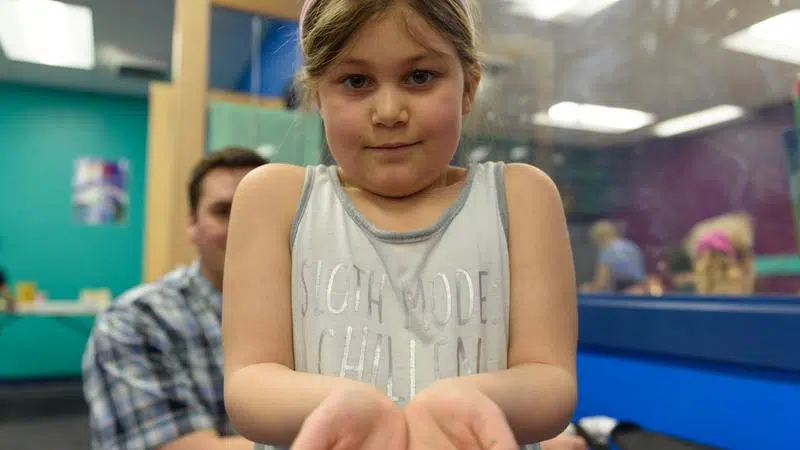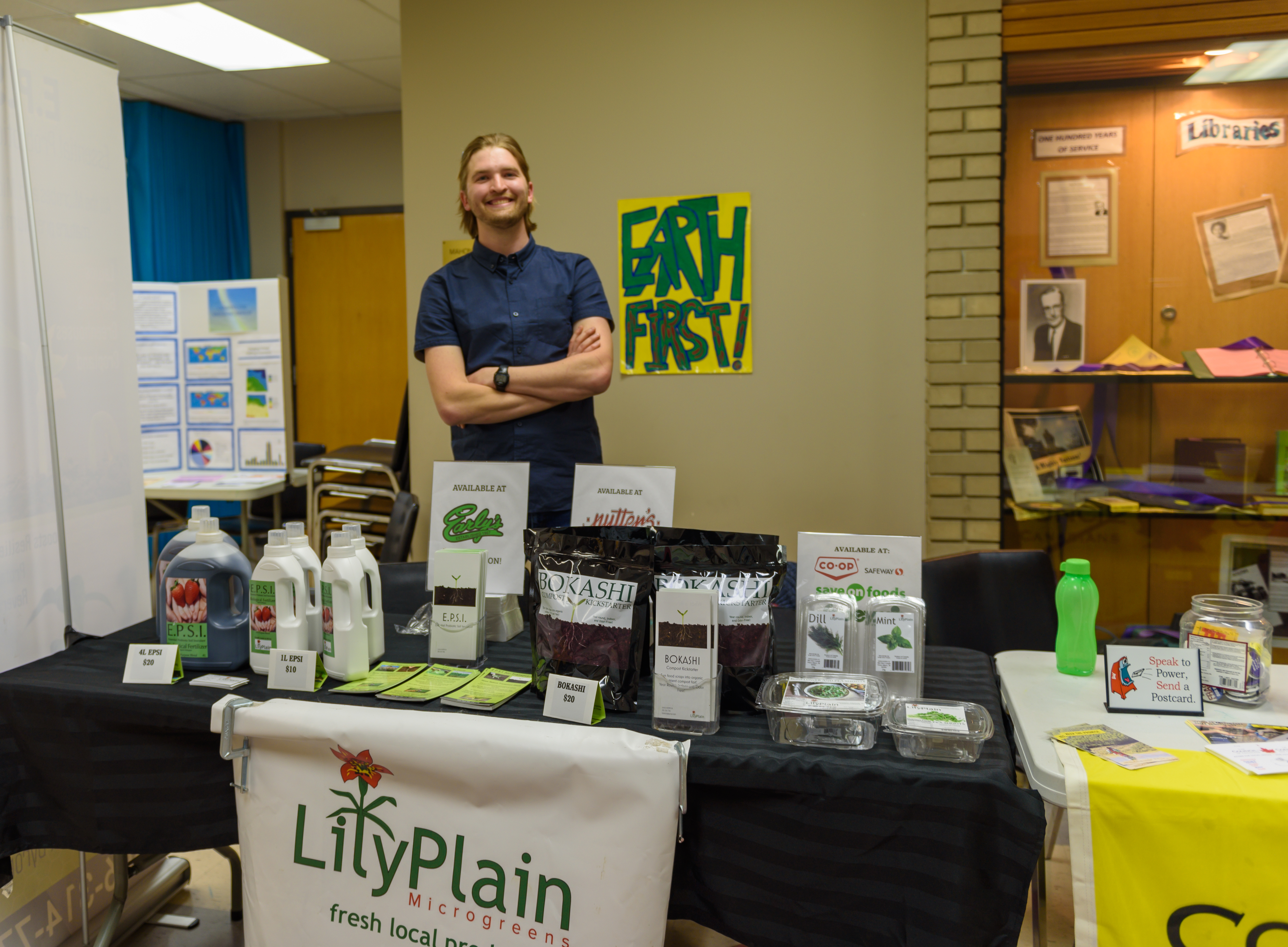
Celebrating Earth Day
Earth Day is the yearly acknowledgement of our reliance on the planet, and focuses on furthering the conversation as to how humans can continue to thrive while also making changes that help the planet.
In recognition of the annual day, the John M. Cuelenaere Public Library hosted a Protect our Species event, which featured a variety of entertainment, ranging from kids’ activities, demonstrations of green fertilizers and composting services, and hands-on demonstrations with earthworms.
Nancy Carswell with the Prince Albert chapter of Council of Canadians, co-hosted the event in partnership with the library and talked to paNOW about its importance.



